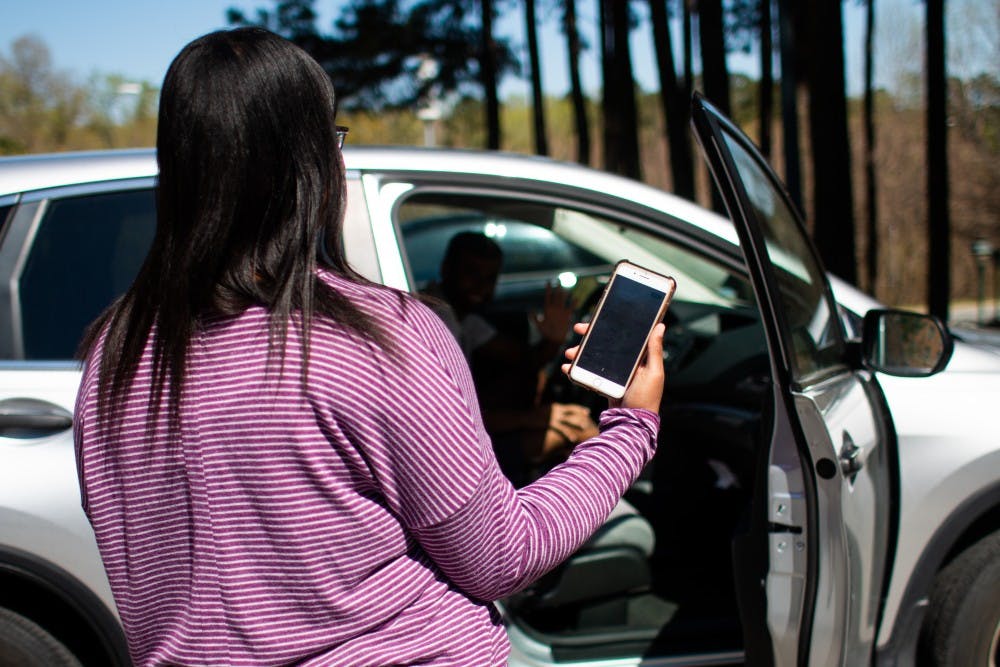University of South Carolina student Samantha Josephson, 21, was killed March 29 after getting into a car she mistook for her Uber. Josephson had been out with her friends at a downtown Columbia bar but was separated from the group before she disappeared. Josephson’s death has raised public concern about the dangers of using ride-share companies such as Uber and Lyft.
Following Friday’s incident, the University of South Carolina President sent out a statement to the University’s students regarding the loss faced by Samantha’s loved ones and the USC community as a whole.
“The events of last week were extremely difficult for our entire community,” the statement said. “Mere words cannot match the depth of sorrow we feel or fill the sudden hole torn in our collective hearts.”
The president’s statement also asked students to honor Samantha’s memory by following certain guidelines when using ride-share.
“Asking ‘WHAT’S MY NAME?’ must become as automatic for you as putting on a seat belt in your own vehicle,” the statement said.
In wake of the tragedy at USC, UNC Media Relations shared a statement over email offering their condolences to USC and reminding students who use ride-share to be safe, even if that requires taking an alternative means of transportation like the P2P Shuttle system.
“Our hearts go out to those impacted by the tragic events related to the recent death of University of South Carolina (USC) student Samantha Josephson,” the statement said. “We would remind and strongly encourage those who access app-based ride-share options for safe transportation to redouble safety efforts.”
The Daily Tar Heel contacted Uber media relations, who said that Uber does not have an official statement concerning the recent tragedy at USC. However, a law enforcement liaison did write a blog post for Uber about ride-share safety in 2017.
The blog post explains how to check your Uber is the correct car and driver. To verify these details, the blog encourages riders to look at the Uber app for the driver’s name and photo and the car’s license plate number and model. In the case that this information does not match, riders should move away from the car and find a safe place where they can wait for the correct vehicle, cancel their ride and report it to Uber or call the police.




